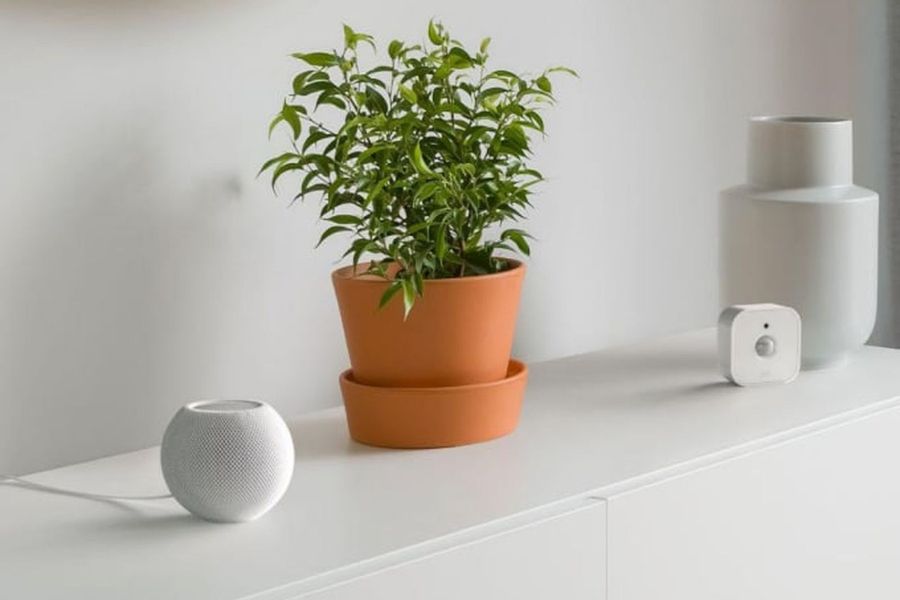In response to the growing focus of indoor air quality (IAQ) and the technology and systems surrounding it, the Indoor Air Hygiene Institute, an industry leader in setting and certifying the highest indoor air quality standards has launched The Inside Advantage certification. The certification is a first in actively monitoring IAQ of buildings.
Thanks to the certification, Institute customers can actively manage IAQ 24/7 with on-site sensors, empowering facility managers to course correct potential issues in real-time. The Institute’s rigorous standards for the certification provide these managers and tenants the peace of mind that they are breathing clean hygienic air.
Obtaining The Inside Advantage
The process begins with Institute hygienists measuring existing air quality throughout the facility. Workplace patterns and blueprints are then reviewed to pinpoint gathering areas, office busy hours and areas most susceptible to contaminants, among others. The assessment ends with a report outlining gaps in their measures along with tailored recommendations on how to improve the air quality in facilities.
The Institute team also trains and certifies on-site facility managers, giving them the tools and knowledge necessary for hygienic air management.
“Hygienic indoor air leads to better health, performance, productivity, and ultimately better business,” said Nils Gustavsson, President, Indoor Air Hygiene Institute. “Ensuring organizations have hygienic air that continually supports the well-being of people where they work, meet, learn, take breaks, and congregate is core to our mission. Organizations typically focus on improving energy efficiency over improved health and well-being; we don’t think you should compromise either. By focusing on human activity within a given space, we can continuously provide hygienic indoor air in the workplace, providing a significant inside advantage; a healthier, safer, and more productive environment.”
Hygienic indoor air has also been linked to increased energy, on top of existing health benefits. A 2019 workplace wellness study stated that half of all participants said poor air quality makes them sleepier at work. More than one-third of respondents said they lost more than sixty minutes of work per day due to these factors.
“Our mission is to empower key stakeholders with the education and tools they need, to provide the preferred level of indoor air quality to protect the health and well-being of building occupants,” said Todd DeMonte, Chief Innovation Officer, Indoor Air Hygiene Institute.
For more information, visit: https://www.indoorairhygiene.org/






